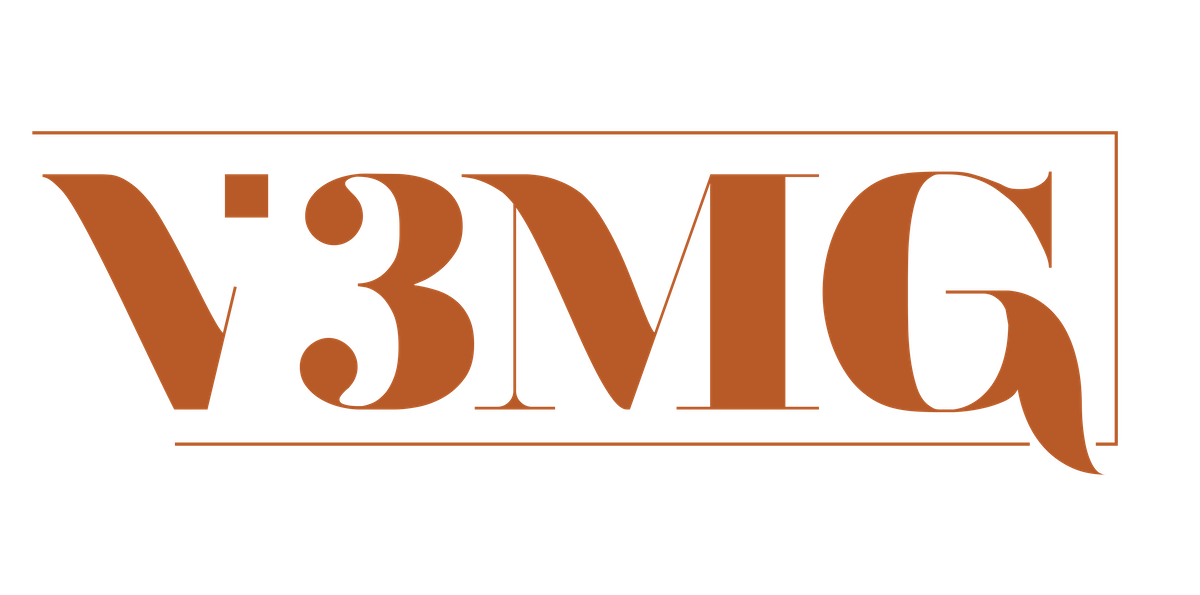The days of hard-coded, HTML websites have come and gone. It’s now completely possible to build, manage, and maintain a website with very little coding knowledge with the help of a Content Management System (CMS). By using a CMS, your website will have a backend section where any administrator could log in, and update content like text, images, videos, and more. Over 60% of all public websites use some sort of CMS, and the options available to you are seemingly endless.
However, depending on your business or organizational goals, the choice may be more straightforward than you think. There are unique solutions available for real estate websites, e-commerce stores, law firm websites, and more. If you anticipate needing a custom solution, a custom design, an easier e-commerce flow, etc., there are some clear roadmaps to choosing the right CMS for your website.
CMS Website Development
While there are hundreds of potential factors in choosing a CMS for your website development project, we can reasonably narrow down the main ideas to 4 factors: available support, flexibility, scalability, security.
As a custom website development agency, we certainly have our preference ins a content management system (WordPress) for these exact reasons, but in an effort to give you the ability to make an informed decision, we will focus on educating the methodology instead of promoting our platform.
Available Support
This idea can go in a couple different ways depending on your perspective. Regardless of the CMS you end up choosing, you may be able to find a development agency like us or a freelance developer to give you all the support that you’d ever need. However, when consider the idea of “available support,” it’s important to consider the 3rd party resources and community surrounding your CMS of choice.
Are there forums for you to research deeper and more specific topics? How extensive is the extension/plugin library for your CMS? Are you able to easily find other people that use your CMS? These issues are also why we haven’t developed our own proprietary CMS for our customers. While that idea may lock our customers in with us a for a longer period of time, the client is less likely to be able to find additional support in the future.
Flexibility
In both design and function, flexibility refers to your ability (or your developer’s ability) to make a website unique to your business. Many different CMS platforms offer very specific functions, but limit on what you can do with the design. Others have a wide open front-end system, but can’t offer unique functionality to their administrators. Shopify, for instance, is a great e-commerce platform, but doesn’t offer much flexibility for unique functionality to the administrator. They’ve decided to be very restrictive on what can be done with their CMS, and that limits what you CAN do.
On the other hand, the limited functionality control lets what extensions/add-ons they have available run more smoothly. You’re less likely to run into conflicts and errors because you’re less likely to be able to break something important. You will need to decide for your own business how important flexibility is to you.
Scalability
If you’re planning on expanding your business past it’s initial stage (something most business owners would), you want to make sure your website and digital marketing capabilities can grow with your business. The idea of scalability if easy to understand in the concept of product production, but website scalability typically refers to the ability to handle large increases in traffic, data, and more.
Many of the different CMS options have scalability in mind. E-commerce systems like Magento are specifically designed for large-scale e-commerce operations. Amazon, for instance, runs on Magento. And while that idea may seem attractive to you, unless you have 500k+ SKUs in your arsenal, you may not be ready for a CMS like that. Still, the idea of future growth must be in your mind with choosing a CMS.
Security
It’s important to know that, at any time, there are literally millions of bots crawling the internet, looking for specific performance indicators on your website for “hackability.” If your website is out of date, unencrypted, etc., then there’s a high likelihood that you’re routinely being subjected to brute force attacks – when a bot will guess common passwords/username combinations at your login screen.
Each CMS has its own priorities for security, and its own procedures in place to deal with those measures. Security, like many other CMS features, rely heavily on the community of users around them. The more support there is for your CMS, the more likely there are to be routine updates and patches for security breaches. There are very few CMS options that are “better,” or “worse,” at security that others, but a common theme is that out of date websites are infinitely more vulnerable than up to date ones.
The Point
While we, as a website development agency, have landed primarily on WordPress as our CMS of choice, it’s mostly because of the things we put priority on – client success and potential of future success. We’ve found that the ease of use of the WordPress CMS, the community of support, the ability for completely custom designs, functions, and more have made our lives easier, and our clients more successful. This isn’t to say that other CMS platforms don’t have merit, but rather our experience leans us heavily towards WordPress. Your business may succeed with another platform, and that’s ok!
We’ve worked with Joomla, Drupal, Shopify, Magento, WordPress, GoDaddy, SquareSpace, Wix, Weebly, and more. Regardless of if we end up building a website for you, we’re happy to help point you in the right direction!
